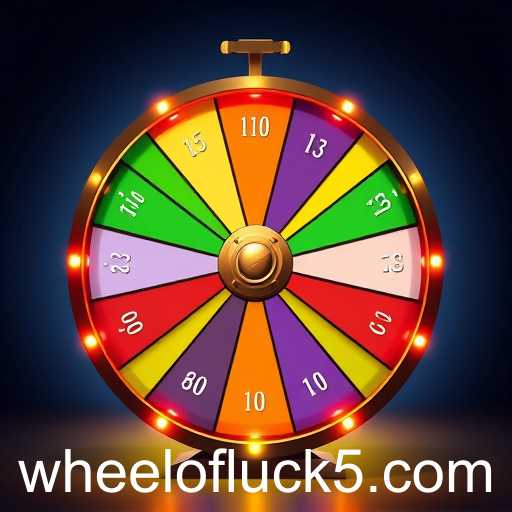The popularity of online game shows has surged in recent years, with platforms such as the 'Wheel of Luck' captivating audiences worldwide. As digital transformations accelerate, these interactive entertainment options offer a fusion of traditional game show excitement with the accessibility of the internet.
Since the early 2020s, the landscape of entertainment has witnessed seismic shifts. With the rise of streaming services and the enhanced connectivity brought by technology, game shows have successfully transitioned to the digital sphere. 'Wheel of Luck', an innovative take on classic fortune games, has utilized this trend and become a staple example of how entertainment evolves.
Beyond the thrills and potential rewards, these platforms represent a significant shift in consumer engagement. The interactive nature of 'Wheel of Luck' and similar games has captured an audience seeking more than just passive viewing. They tap into a communal experience, often drawing participants together in real-time competitions from various parts of the globe.
The economic dynamics of these platforms are equally noteworthy. Advertising integrated within games, combined with virtual purchases and premium memberships, have carved out substantial revenue streams. For players, the incentive goes beyond entertainment; there is a tangible, albeit online, community, enhancing the feeling of being part of something bigger.
Moreover, as the digital environment continues to thrive, many traditional TV networks are taking cues from these online successes, seeking partnerships or adapting their content strategies to include similar interactive elements. This cross-pollination of media forms hints at a future where boundaries between online and offline entertainment are increasingly blurred.
As we forge further into this decade and beyond, the enduring appeal of game shows is set to expand in novel ways. For now, as 2025 unfolds, 'Wheel of Luck' represents a beacon of how adaptability and innovation continue to redefine entertainment.








